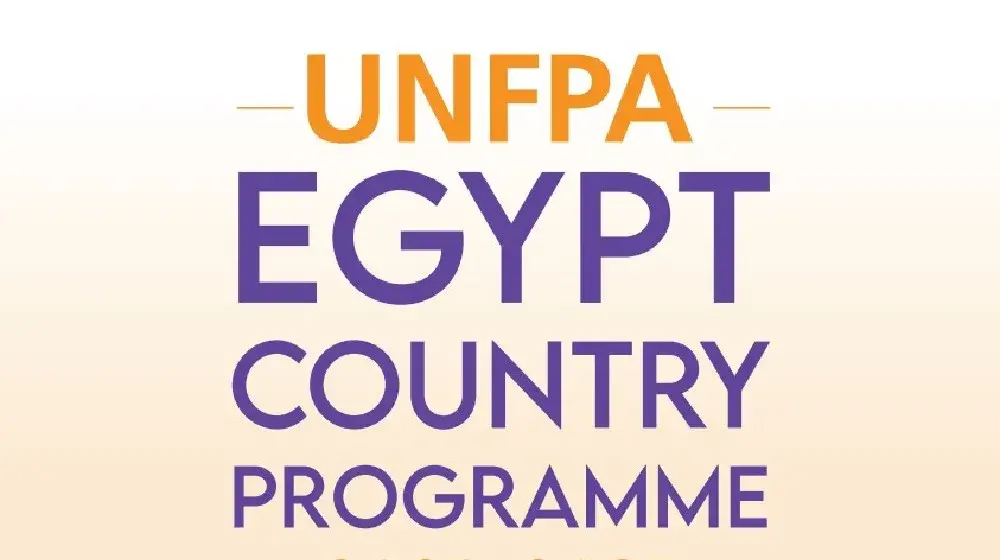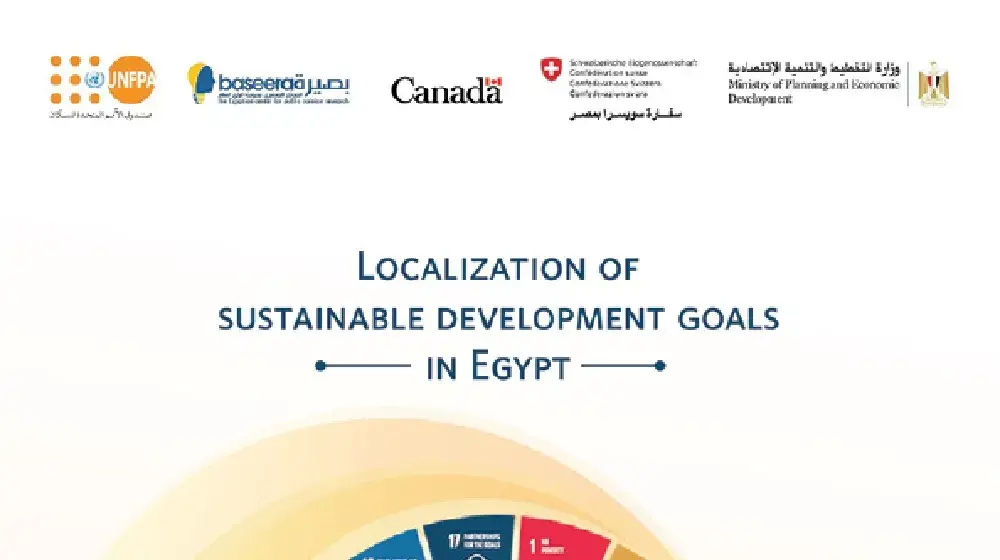CAIRO—On the eve of the 20th anniversary of the International Conference on Population and Development (ICPD), more than 350 delegates from across the Arab region have returned to Cairo, where it was held in 1994, to review its Programme of Action and chart the Arab population and development agenda beyond 2014.
“It is especially fitting that we are gathered here in Cairo, the city that gave birth to that great vision nearly 20 years ago that what matters about human beings is not their numbers but the quality of their lives,” said Dr. Babatunde Osotimehin, Executive Director of UNFPA, the United Nations Population Fund, at today’s opening of the Regional Conference on Population and Development in the Arab States. “Where better to begin the series of ICPD beyond 2014 regional review conferences than in Cairo where it all began?”
The conference, held under the theme, Development and Population Dynamics in a Changing Arab World, is being organized by the League of Arab States (LAS), the United Nations Economic and Social Commission for Western Asia (ESCWA), the United Nations Economic Commission for Africa (ECA), in addition to UNFPA.
Dr. Mohammed Moustafa, Minister of Health and Population of Egypt, opened the conference by highlighting the need for countries to fully adhere to the ICPD Programme. He was followed by Nabil El-Arabi, LAS Secretary General, who emphasized the importance of today’s conference as it takes place during a particularly critical period in the Arab region. Despite many achievements, he noted, the region still faces many population challenges that need to be addressed. Rima Khalaf, ESCWA Executive Secretary, then expressed hope that “this Arab dialogue will bring responses to our questions regarding how to move forward under the label of welfare for all Arab people because people are the bridges to development.”
“Here in Cairo, the world agreed that population is not just about counting people, but about making sure that every person counts,” said Dr. Osotimehin in his opening remarks. “That is the dream and the promise of Cairo. That every human being has economic security; that they have the right to decide whether, when and how often to have children; that no woman dies giving life; that everyone has the information, education and services to live responsible lifestyles.”
The region faces a number of challenges, noted Dr. Osotimehin, including those related to poverty and income disparities, social exclusion, and to addressing the needs of young people and the elderly. There are also challenges related to the status of women and girls, and to ensuring universal access to sexual and reproductive health services, including addressing the unmet needs of millions of women for family planning.
However, he added, “We know that great progress has been achieved in many areas. It is impossible to speak of the progress countries have made in implementing the ICPD Programme of Action without acknowledging the contribution of religious institutions, civil society organizations, including youth groups, and parents, whose daily decisions to educate their children, especially girls, are enabling them to reach their fullest potential and live in dignity.”
During the three-day conference, government officials, representatives of civil society organizations, academia, youth and women groups, development partners and leading population experts will take account of the state of population and development issues in the Arab region. They will also agree on a statement of commitment on population and development beyond 2014, which will contribute to the Global ICPD Beyond 2014 Review Process and mainstream population and development into the post-2015 development agenda.



